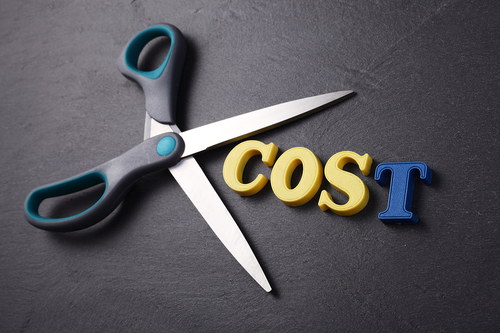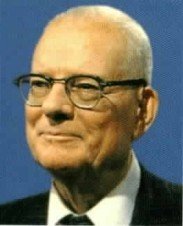Recently, I watched a two-hour documentary on the rise of Walmart. A regional manager said, “We get up every morning running scared, trying to figure out ways we can improve.” The narrator added, “Most of Walmart’s improvements come by taking cost out of the business.” An unrelenting focus on improvement has made Walmart one of the great international success stories.

YOUR primary improvement project is also to take waste out of your business processes, the defects, and delay that increase cost and diminish customer loyalty.
You know what needs improvement; it comes from personal frustration, customer or employee feedback, and performance or financial data.
There is waste in all business processes—marketing, operations, and administration—whether in the office, the store, or the workshop/factory. Your business is no exception!
Principles of Improvement
One day, I began noting some principles that govern business and process improvement. I have compiled a list of twenty-three that can be found in my eCourse; I’m sure there are more. Twelve principles are listed below. Ponder each one carefully. Their application could profoundly affect your organization.
- Continuous and unrelenting effort to improve business systems and processes is the only way to develop excellence in people and organizations.
- Improvement activities focus on providing the customer with the best value by removing waste from the organization—defects, delay, and the resulting higher costs.
- All organizational improvements begin with personal improvement, a passionate desire to learn by individual study, formal education, experience, and mentoring.
- Improvement follows the discovery and application of laws, principles, and best-known practices that govern the outcome of a specific endeavor.
- The Universal Law of Cause and Effect determines all process improvement outcomes; only by improving the inputs to a process can you influence the output or results.
- Improvement is the result of painstaking preparation, documented goals and procedures, measured performance, and persistent learning.
- Standardized tasks are the foundation of improvement and empowerment of people.
- To improve the performance of any activity, increase the frequency of feedback to those engaged in the activity; the more frequent the feedback, the better the results.
- Innovation most often consists of incremental enhancements at the detail level of a business system or process, routinely producing dramatic results.
- Improvement efforts ignore the “trivial many” variables, or processes, and focus on the “vital few” that have the most influence on business objectives (see 80-20 Rule).
- “When performance is measured, performance improves. When performance is measured and reported, the rate of improvement accelerates” (Thomas Monson, business and religious leader).
- Improvement is most likely to happen in an environment that promotes customer focus, clear goals, accountability, score-keeping, frequent feedback, recognition of personal achievements, and celebration of victories.
We don’t live in a perfect world, but by pursuing excellence, you can achieve amazing results. An unrelenting effort will catapult you far beyond your competition.
Find ways to improve each day. NEVER STOP IMPROVING!







